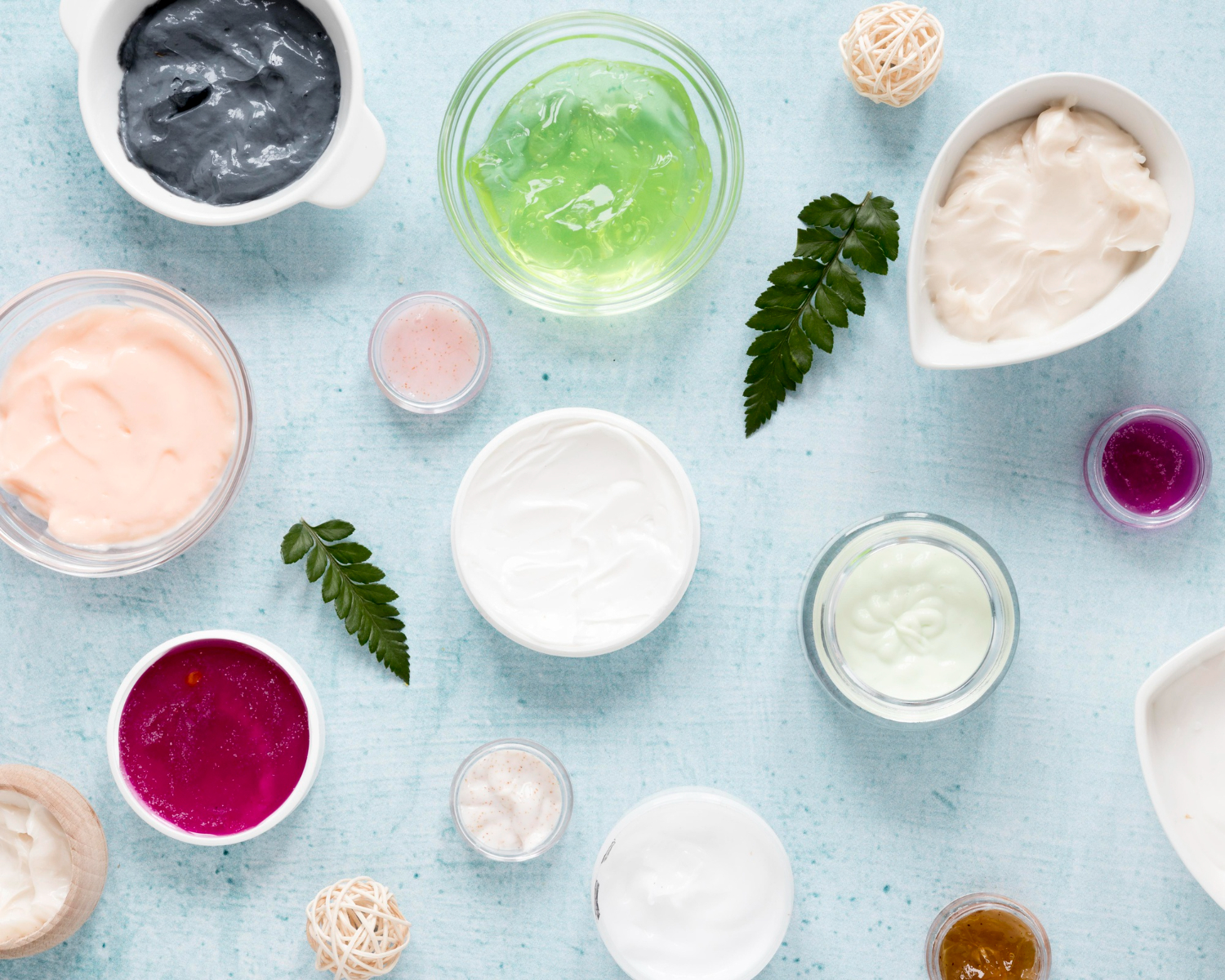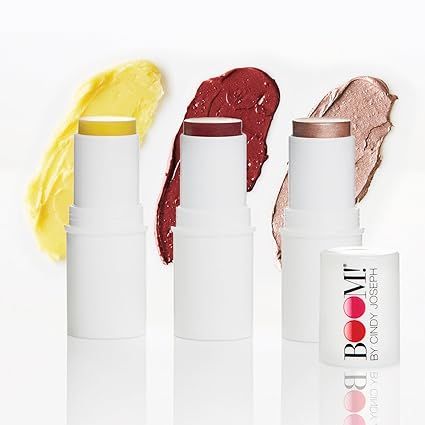In our relentless pursuit of radiant skin, it’s crucial to be discerning about the ingredients present in our skincare products. Numerous commonly used components, although seemingly harmless, can be detrimental to both our skin and overall health. Let’s delve deeper into the top 10 toxic ingredients in skincare that should be conscientiously avoided for a healthier, more radiant complexion.
1. Parabens: The Preservative Predicament
Parabens, such as methylparaben and propylparaben, are widely utilized as preservatives in skincare products due to their effectiveness in preventing bacterial growth. However, recent studies suggest that these compounds can disrupt hormonal balance by mimicking estrogen, potentially leading to adverse health effects. It is prudent to opt for paraben-free alternatives to safeguard your skin and overall well-being, ensuring a delicate hormonal equilibrium.
2. Sulfates: Stripping Away Natural Oils
Sulfates, commonly found in many cleansers and shampoos, serve as powerful detergents to create a satisfying lather. Unfortunately, their effectiveness comes at a cost – they can be harsh on the skin, stripping away its natural oils. This not only causes dryness and irritation but also compromises the skin’s barrier function. Opting for sulfate-free alternatives is a gentle yet effective approach to maintaining your skin’s natural moisture and integrity.
3. Phthalates: The Plasticizer Problem
Phthalates, often concealed under the generic term “fragrance” in skincare products, are a group of chemicals with known endocrine-disrupting properties. These substances can interfere with the hormonal balance in the body, potentially leading to a variety of health concerns. Choosing products labeled as “fragrance-free” can be a strategic move to evade these harmful plasticizers and ensure the well-being of your skin.
Also read – 10 Reasons Why Women Become Fat After Marriage
4. Formaldehyde: A Nail in the Coffin for Skin Health
Formaldehyde-releasing agents, utilized as preservatives in skincare formulations, can pose serious risks to skin health. Beyond causing skin irritation, formaldehyde has been linked to more severe health issues. Opting for formaldehyde-free alternatives is a prudent decision to maintain a gentle yet effective skincare routine, minimizing potential health risks associated with this preservative.
5. Synthetic Fragrances: A Smelly Gamble
Synthetic fragrances, added to skincare products for olfactory appeal, often harbor a myriad of harmful chemicals. While they may make products smell enticing, these synthetic fragrances can lead to skin irritations and allergic reactions. Choosing products with natural scents or those labeled as “fragrance-free” is a wise move to avoid potential skin issues and ensure a pleasant yet safe skincare experience.
6. Mineral Oil: A Barrier to Healthy Skin
While mineral oil is a cost-effective option for moisturizing, it carries the risk of clogging pores and preventing the skin from breathing. It forms a barrier on the skin’s surface, potentially leading to acne and other skin issues. Opting for non-comedogenic oils such as jojoba or almond provides effective hydration without compromising skin health, allowing it to breathe freely.
7. Triclosan: Antibacterial Overreach
Triclosan, commonly found in antibacterial soaps and some skincare products, can disrupt the endocrine system and contribute to antibiotic resistance. The regular use of triclosan-containing products may have unintended consequences on both skin and overall health. Embracing traditional soap and water as an alternative helps to keep the skin clean without exposing it to the potentially harmful effects of triclosan.
8. Oxybenzone: Sunscreen with a Dark Side
Oxybenzone, a common ingredient in many sunscreens, can penetrate the skin and disrupt hormonal balance. Concerns about its safety have prompted many to seek alternatives for effective sun protection. Opting for sunscreens containing zinc oxide or titanium dioxide offers protection without the potential drawbacks associated with oxybenzone.
9. DEA, TEA, MEA: A Lathering Alphabet Soup
Diethanolamine (DEA), triethanolamine (TEA), and monoethanolamine (MEA) are often found in foaming skincare products. Despite their role in creating a pleasing lather, these ingredients can irritate the skin and have potential links to certain cancers. Choosing products with mild, sulfate-free foaming agents ensures a gentle cleanse without compromising skin health.
10. Synthetic Colors: Pretty Hues, Ugly Consequences
Artificial colors are often added to skincare products to enhance visual appeal. However, these synthetic colors can cause skin irritation and allergic reactions. Opting for products with natural colors or those that are color-free minimizes the risk of adverse reactions, ensuring a visually appealing yet safe skincare experience.
Conclusion
In the quest for healthy and radiant skin, understanding and avoiding toxic ingredients in skincare is paramount. Choosing skincare products wisely, and steering clear of parabens, sulfates, and other harmful components, ensures that your skincare routine contributes positively to your overall well-being. Your skin deserves the best care, so let’s make informed choices for a healthier, more radiant complexion.





